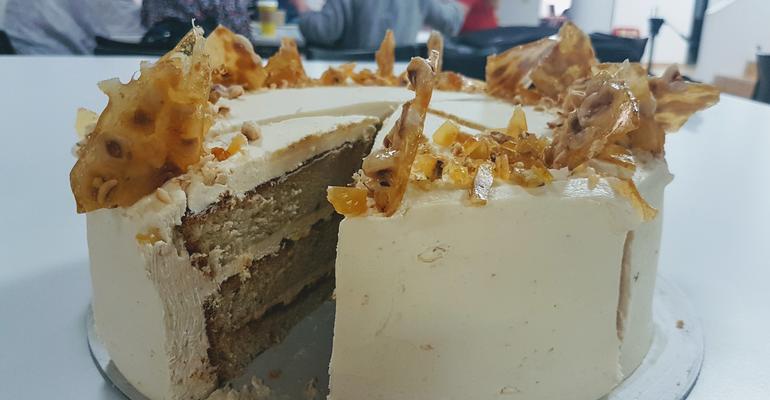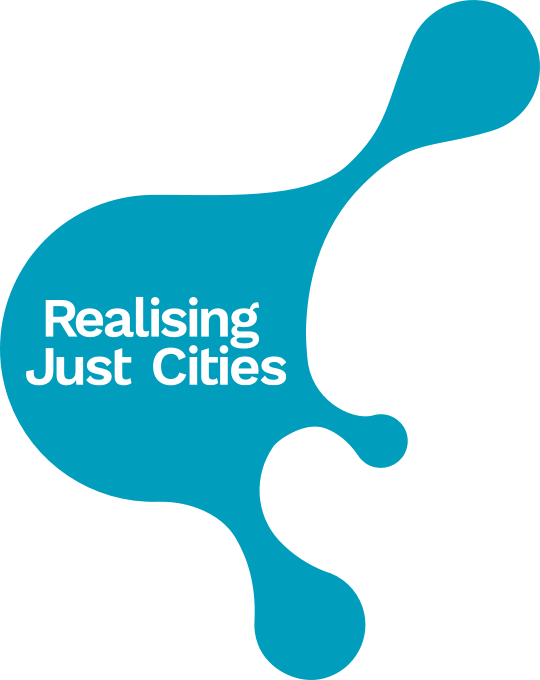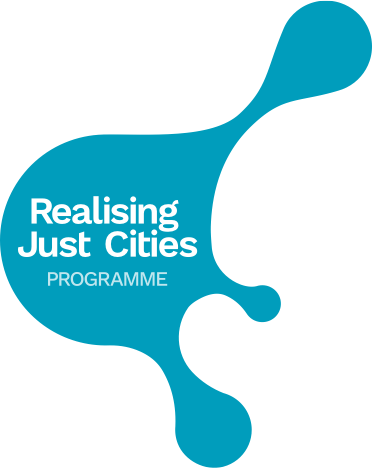Co-Producing Calls to Action: outcomes from the third Coalitions for Change event

On Monday 1 July, we gathered in the Defiant room at Federation House in Manchester for the third in a series of events intended to explore how the networks around Jam and Justice might pioneer Greater Manchester as a model of co-production. The main event began with a cake-cutting, marking the official opening of Jam & Justice’s National Co-Production Week activities. And yes, the cake was every bit as good as it looks.
While most of us devoured cake, Katie Finney and Alice Toomer-McAlpine took it in turns to explain the afternoon’s focus, geared around the question: What can we do together to #CoProduceGM in the next 12 months? The process had been responsive, oriented co-productively, starting with the first event in January. This in turn triggered Action Learning Sets, a process tested at the second event in March.
This third event drew inspiration from the Action Learning Sets, where participants had been asked to contribute their answers to a series of prompts (with input also sought from those signing up to the day’s event). The three questions asked were,
To co-produce Greater Manchester:
(a) What needs to continue?
(b) What needs to start?
(c) What needs to stop?
To move from these questions to calls to action, a first step was to cluster the answers together around common themes (see video below; no audio). This pre-event preparation was open to all, and as the last clusters were being put together, there was lively debate around the interpretation of people’s answers. If we cluster professional actions separately from non-professional ones, are we just re-creating boundaries that run counter to the ethos of co-production? Can we recognise the depth and history of grassroots solidarity without simply co-opting it into a service-driven co-production agenda?
Maddy and Caz shared their experience with action learning sets. These provided a starting point for forming rooted calls to action, based on real challenges on the ground co-producing in Greater Manchester. The sets provided a trusted space to share experience and see how others deal with things, their motivations, their patterns of thought.
Participants worked in groups around three tables, each dedicated to the themes emerging from answers to one of the prompt questions.
The first table reflected on good stuff that’s already happening. We celebrated the Elephants project bringing together people with lived experience of some of the most challenging social problems with those involved in seeking professional solutions, the hashtag #coproducegm as a tool for bringing people together and raising awareness, the work of thousands of voluntary, community, faith and social enterprise organisations making a difference, and examples of grassroots solidarity-driven activity in and by communities. We talked about spaces for collaboration and peer support, the official support made clear in Andy Burnham’s report on co-production which asked Greater Manchester’s local authorities to help foster communities of practice and participate in activities like coalitions for change, and the VCSE Accord.
The second table’s discussions focused on how we might ignite change. What new action needs to happen? There was a strong political focus here, with talk of ‘thinking horizontally’ (sharing knowledge across sectors, localities, and organisations), how the civil service could best serve civil society; and questioning -- will what works ‘here’ work elsewhere?
At table three, we sought to identify actions that could unblock obstacles to co-production. One example was spending time ‘in your shoes’, making space for strategic decision-makers to spend time where there are issues, and vice versa. There was some particular frustration voiced around the times when visitors only speak with those who are ‘running the show’.
The various written contributions were now brought into the circle, so that we could review what was said in each case. What do we need to ask for? What struck people?
How do we act (and call others to act) to build on what's good, ignite new activity, and unblock the blockages?
Maddy reported back that the discussion in her group had been ‘interestingly political’. Amanda suggested that there were striking similarities in what had been said, despite the diversity of those contributing. Beth expressed surprise that ‘utopia’ was presented as a barrier--is balancing pragmatism with ideals unrealistic? Claire wondered whether part of what was evident here was aversity to conflict. Maddy channeled some of the discussion from the Action Learning Set: holding yourself to high ideals can lead to burnout. We need space to learn from failure and be open, suggested Rupa. We need to structure space for learning, not consider our activity a case of ‘all or nothing’, Amanda agreed.
Katie channelled the discussion back asking everyone to think of an answer to the question: What one thing do we need to ask for to #CoProduceGM?
- A non-tokenistic call to make people’s diversity an overt intentional strength. There are no hard to reach people. We need to commit to welcome diversity and learn, proposed Rupa.
- A way to raise awareness of organisations that are doing co-production nearby offered Charlotte.
- Could we make co-producing a mandatory requirement of strategic change, asked Victoria. Committing to good practice as VCFSE in Oldham changed the invitations and support to participate.
- Support is needed for the formal power holders to allow others to participate, suggested Amanda.
- Connectivity between small organisations. Greater Manchester is a huge area with many people and organisations working toward similar outcomes, Chris said.
- City-region-wide well-funded steering groups should exist, Caz said--on the edge of making a demand.
- All voices listened to, offered Steve. (More democratic accountability, Amanda paraphrased.)
- Greater access to public resource, and more transparency, reckoned Claire.
- More money and thinking time and relationship-building time, said Maddy.
- Co-production as a political demand I will fight for, not just ‘lovely best practice’, volunteered Bert.
- Clarity on who is asking, the size and politics of a co-productive community of practice--how are we coordinated? Are we coherent? Asked Beth.
- Asking may itself cohere the community, Katie responded.
- Those doing co-production may not use or recognise the label, suggested Amanda.
- Support to hold knowledge in common, said Iona.
As can be seen, we were rich in ideas. What then are the opportunities to take all these emerging calls forward?
Maddy proposed the quarterly GM VCSE Co-Production Network as a space to take forward the conversation. Maddy also promised to hold to account her Health and Social Care team based around communities, to work on power-shifting!
The group recognised the merit of social informal space too, to connect and cross-fertilise. Is it feasible to have more stuff locally (i.e. not only in central Manchester). Could having more digital spaces help? What are the possibilities to meet across the localities? Could we share hosting responsibilities?
We also need to think about why someone unfamiliar with “co-production” should care. What other words can we use to articulate our passion for working together in this way?
JOIN US
If you want to help take this conversation forward, and to become part of an emergent community of practice co-producing Greater Manchester, you can continue to register interest in the coalitions-for-change process. Sign up here to ensure you hear what's next.
As the event drew to a close, Alice interviewed some of the participants, asking questions such as: what are you taking away from the event, why co-produce, what action are you going to take, and what opportunities are there to co-produce Greater Manchester.
"Let's make it the norm for people to work together to make things change" -- Victoria explained her enthusiasm for co-production, offering space at Action Together's Oldham base to convene future conversations, and pledging to participate in the GM Co-Production network.
"What's been really good is the opportunity to meet with other people working in a similar field, and identify opportunities to work together" -- Chris responded.
Charlotte felt inspired to encourage fellow students to volunteer, "to reach out to more volunteering things and get more people involved".
Thank you to participants for consenting to be recorded, and to Alice for making these recordings.




